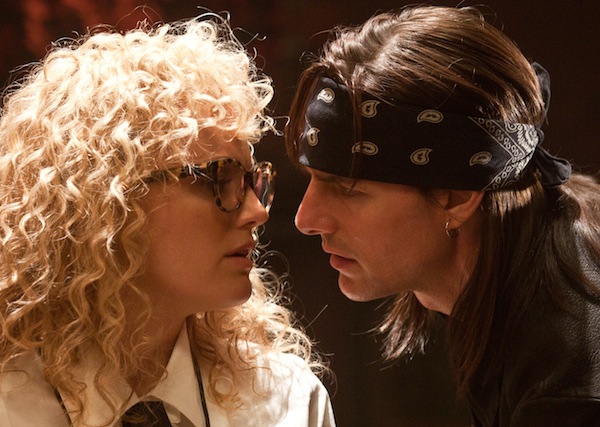 |
| Brave, Walt Disney Pictures, 2012. |
Colorful, shiny, and hollow, Pixar's ruinous hold on popular animated films is a sad thing which can periodically produce good. When the studio has got the right filmmakers and scribes in line, then something curiously emotional can result; it takes heart to infuse their vacant plasticity with any meaning.
The Toy Story films, the Cars films, Wall E and Up! were all well done, some even approached excellence, yet still none of them could touch the feeling a hand drawn animated picture gives; it gives off humanity.
Brave is not one of their best efforts. Diverting enough, its traditional Disney princess tale crossed with a half-assed attempt at feminism is incidental; its voice cast, headed by Kelly MacDonald and Billy Connolly, is top flight. The best moments come when Merida breaks away from the inane castle politics and cavorts in an enchanted forest with the animals; the beauty of these scenes are some of the Pixar animators best recent efforts. The script, overall, feels half baked, like a bunch of animation cliches were tossed together in hopes they would stick. Sappiness reigns supreme in this kingdom.
The choice of Patrick Doyle to write the original music for the picture is interesting; his score is Celtic, roving, and passionate, the opposite of the over-achieving film which contains it.








